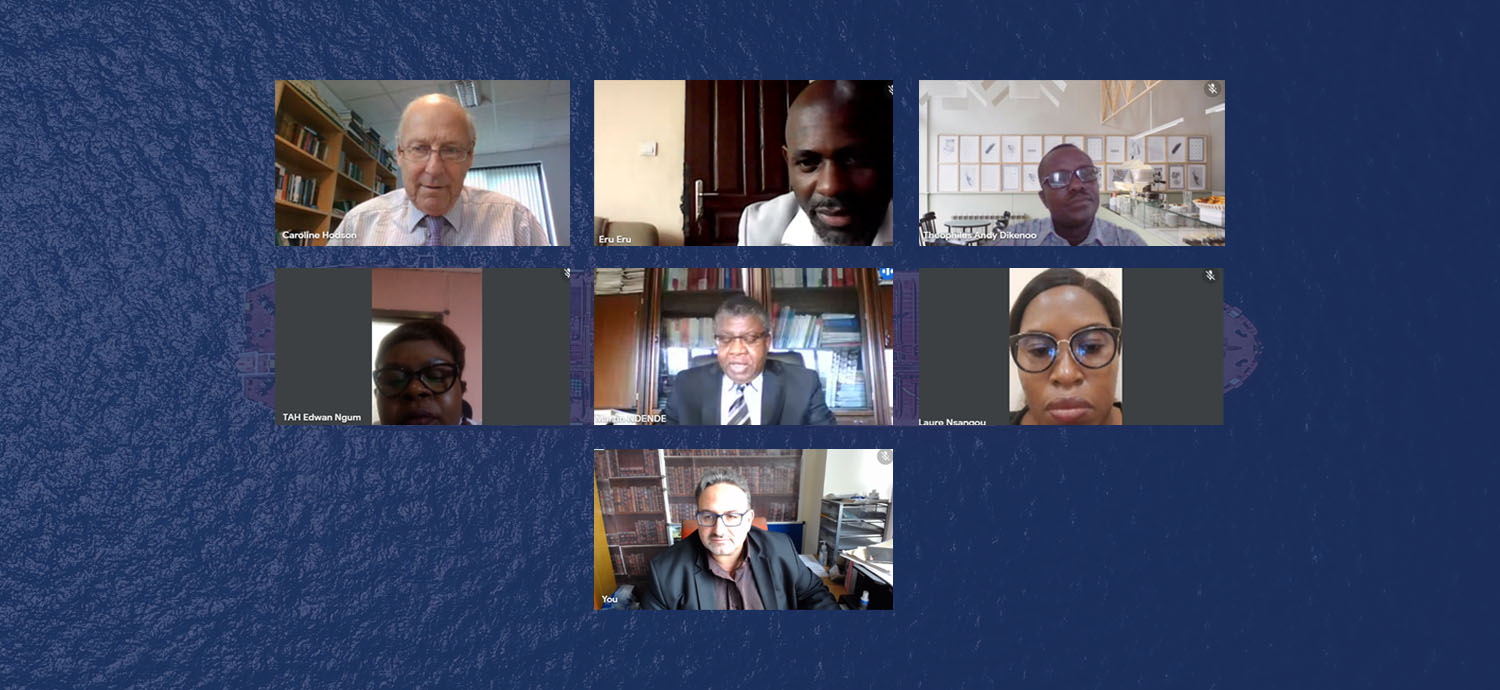
Swansea’s Institute of International Shipping and Trade Law (IISTL) was established in 2000 to promote research and teaching of the highest standard in the fields of international shipping and trade law.
At the beginning of the COVID pandemic, it took a conscious decision to take the opportunity to reach out to academic institutions, practitioners and others working in the shipping and trade sector by organizing webinars and participating in any promising online events.
To this end, it has just delivered a Maritime Law Webinar in collaboration with the Regional Maritime University of Accra; a fast-developing joint initiative backed by the governments of Ghana, Cameroon, Liberia, the Gambia and Sierra Leone.
The event was held under the auspices of the Minister of Transport of Cameroon, who is also the Chancellor of the University. It attracted more than 70 participants, mainly from Africa but also from France.
The event provided an opportunity to engage with academics such as Prof. Ndende Martin (Director of the Maritime and Oceanic Law Centre at the University of Nantes), practitioners (Mfon Ekong Usoro, Managing Partner, Paul Usoro & Co, Lagos), and policymakers including Dr Gaston Kenfack, Director of Legislation at the Ministry of Justice in Yaounde, Prof. Gérard-Marie Messina, Technical Adviser to the Minister of Transport. Also present were numerous other delegates from Cameroon and neighbouring countries.
Professors Baughen, Soyer and Tettenborn gave papers on key aspects of shipping law including the potential effect of COVID on contracts of carriage, and the differences between ship arrest in common law and civil law jurisdictions.
Speaking after the event, Professor Soyer said:
“This was a fantastic event and a brilliant opportunity to deepen our links with friends and colleagues from West Africa. It’s always enormously rewarding, and also very important, to hear the views of other key players operating in different parts of the world. Shipping, after all, is a global business, and we forget that at our peril. We plan to build on and deepen our co-operation with the Regional Maritime University and other West African stakeholders as soon as we can.”
